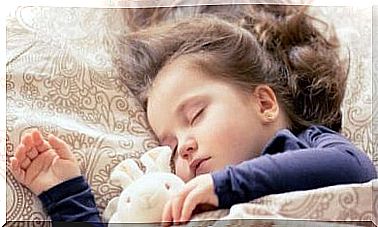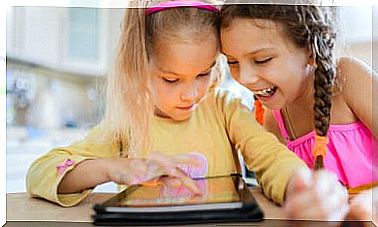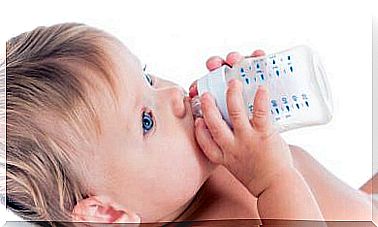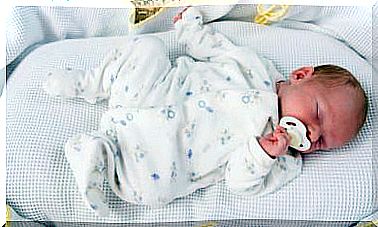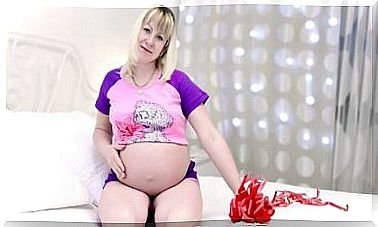Being A Parent Can Change Your Brain
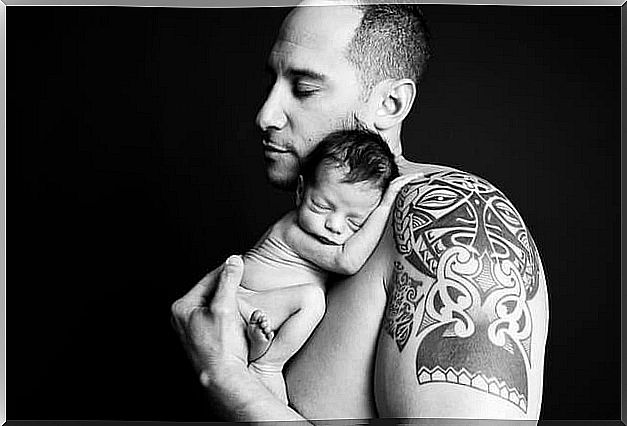
Having a child changes our lives, renews our hopes, intensifies our illusions and multiplies by ten our capacity for love, improvement and affection. However … did you know that having a baby changes parents’ brains in an amazing way?
If there is something that we are more than used to reading and listening to, it is that having a child changes a woman’s life. She does it first during pregnancy, with all that explosion of hormones, with the physical change and with that early connection that she makes with that tiny being that grows inside her.
Likewise, during the breastfeeding period – also from a bottle – that early bond is built between mother and child where the brain, influenced by that wonderful torrent of oxytocin, further intensifies her bond with her baby. However… what about dad? Are you on the sidelines of all these events, all this magic?
Absolutely. It is high time that we include parents in parenting, that the emphasis is on breaking down some of those ideas that “they only help”, that they “just be.” Because a father does not help, he is present and occupies his vital, affective and significant territory. Furthermore, he also experiences certain changes at the brain level that it is necessary to know …
Parents, the closer the better
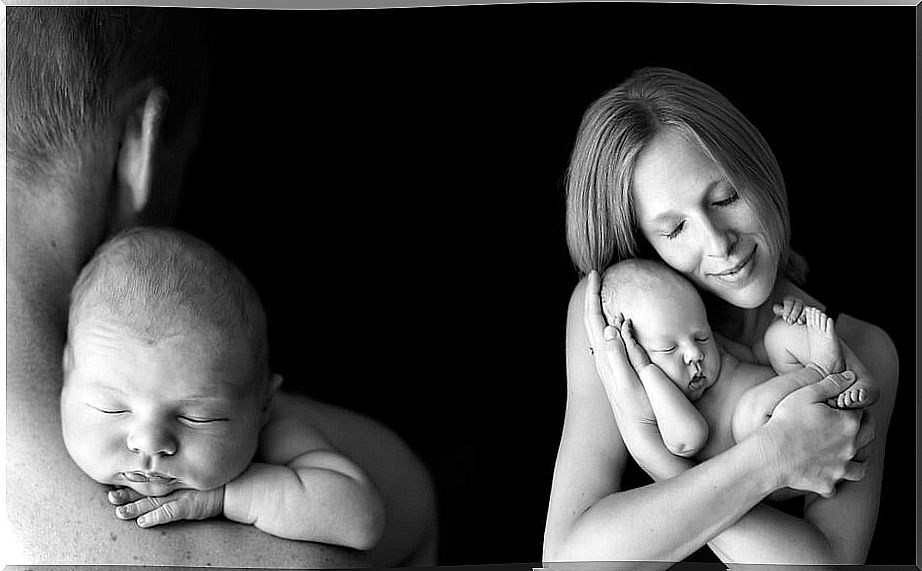
Dad the closer the better. Dad should be next to Mom and should also enjoy her skin-to-skin moments, her naps with the baby, those baths where the father makes his son laugh out loud …
The key to this need for closeness is actually basic to strengthen the bond with babies. According to a work published in “Hormones and Behavior ” the more time parents spend with their partner and with their children, the more oxytocin their brain releases. What’s more, even looking at a photograph of the children is enough for that reaction to occur instantly.
Yes, dad also secretes oxytocin like mom
As we already know, oxytocin is key in motherhood. It stimulates lactation and intensifies the need for affection, care and attention of mothers with respect to their children. This is something that we already knew and that we have read and heard ad nauseam. However, let’s remember this fact: fathers secrete the same level of oxytocin when they are with their babies as mothers.
Is not it wonderful?
Dad protects us and also reads our emotions, our needs
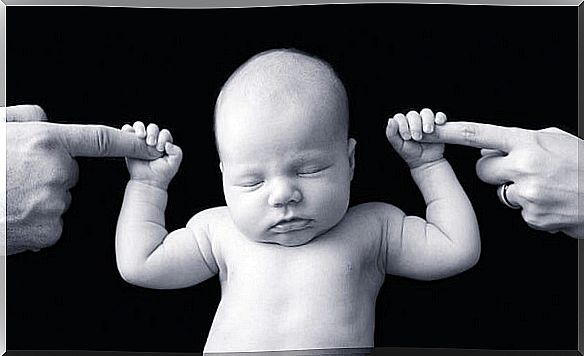
If there is something that we are seeing as normal, it is how men more often begin to be “householders”, to choose to stay at home to raise their children. Likewise, it is also clear that there are many parents who share almost the same tasks and responsibilities as their partners and many, too, choose to parent alone when proceeding with adoptions.
- There are many types of fathers, we know, but if there is one thing that is clear, it is that they have the same capacity to love, educate and establish a powerful bond of affection with their children as mothers do.
- In view of these new roles , there is something that scientists have been able to see as well, something that they have defined as the evolution of parenthood . It is like an adaptation of the species where they have undergone a series of changes in their brain where they can raise their children with great effectiveness.
- From the Gonda Center for Brain Sciences at Bar-Ilan University in Israel, a more significant level of activity has been seen in the superior temporal sulcus of the brain. Something like this implies, for example, that men show greater aptitude to do emotional readings, to identify the needs of their children, to understand their emotions and that sometimes complex inner world where mothers, until not long ago, were the great specialists.
6% of parents can become depressed after the baby is born
No, postpartum depression is not unique to women. They do not gestate, they do not give birth, but they also experience a drop in dopamine by experiencing such elementary things as feeling isolated or removed from the task of parenting.
If they do not feel useful, if they do not enjoy that closeness and deal with their baby they can also develop depression. This is important to consider in order to remember once again that “they do not help, they are part of it, they also rock, feed, love, breed and care”.
Let us take this into account and fully enjoy and together that wonderful act that is to have a child.



